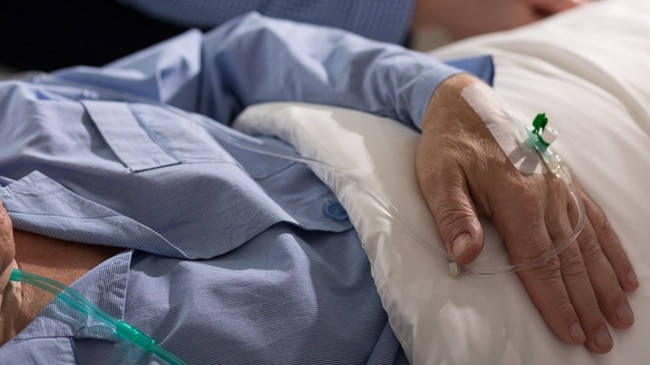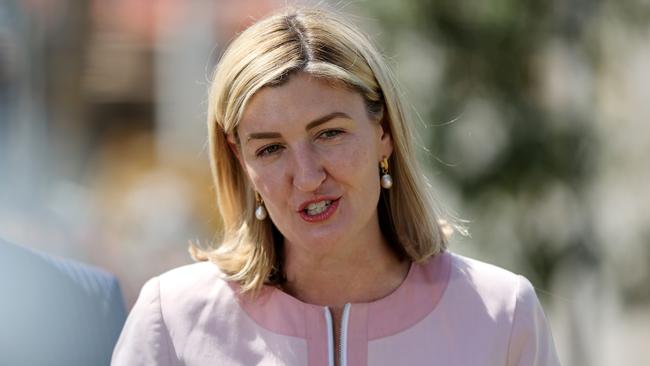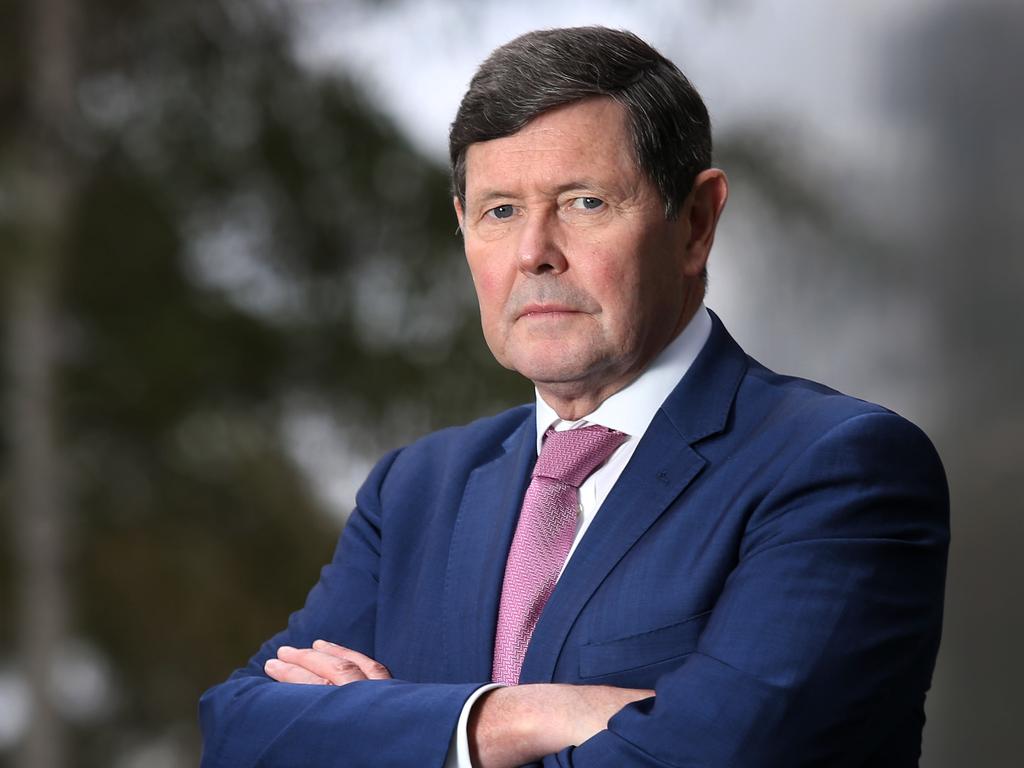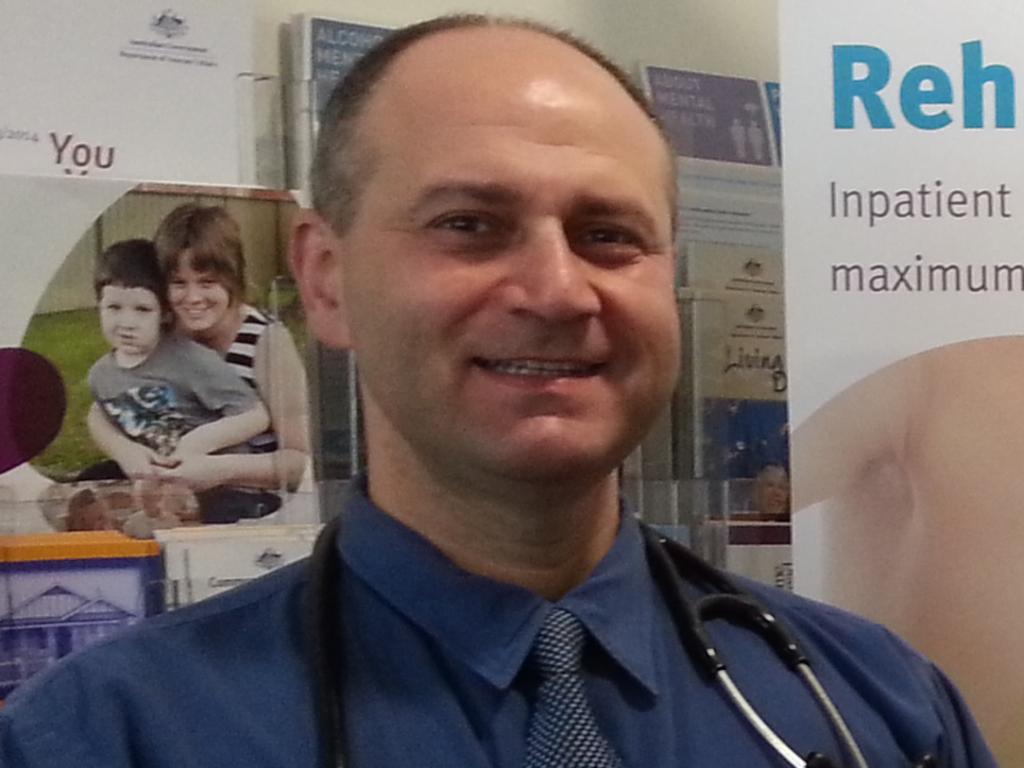Queensland sets VAD record, but ‘hurdles remain’ in regional areas
More people have died in the first six months of Queensland’s voluntary assisted dying scheme than any other state, but doctors warn ‘unfair’ barriers remain in regional areas.

More people have died in the first six months of Queensland‘s voluntary assisted dying scheme than any other state, but doctors warn “unfair” hurdles remain for the terminally ill in regional areas.
The first Queensland VAD figures, obtained exclusively by The Weekend Australian, reveal almost 600 people have applied to legally end their lives, and 245 have done so, between January 1 and June 30 this year.
Queensland’s Voluntary Assisted Dying Review Board’s inaugural annual report, to be tabled in parliament next week, shows the average age of those who died was 73, with the youngest person aged 26.
Of those who accessed VAD, 78 per cent were diagnosed with terminal cancer.
In the first year VAD was available in Western Australia, 190 people died, while in Victoria there were 129 deaths. Five people ended their lives in the first four months of Tasmania’s scheme and in South Australia, 11 people died in the first three months of the program being operational.
Queensland’s numbers are likely higher because the state broadenedthe eligibility for VAD when laws passed in 2021, allowing people with a life expectancy of 12 months to access the scheme, up from six months in other states.
By the end of the year, all of Australia’s six states will be operating VAD programs, with another 8 million people to be covered by euthanasia laws when the NSW scheme starts on November 28.
But despite every state in the federation now embracing right-to-die programs, commonwealth laws still ban doctors using telehealth for VAD appointments. The Philip Nitschke-era laws threaten doctors with a $313,000 fine for “inciting or counselling” suicide via a carriage service.
In Queensland, the most decentralised state in the country, half of the people who accessed VAD this year lived outside Brisbane and doctors say the federal laws are adding needless hurdles for regional Australians.
Senior members of the Palaszczuk government have been unsuccessfully lobbying Anthony Albanese and his Attorney-General, Mark Dreyfus, for more than a year to amend the Criminal Code to allow doctors to use telehealth for VAD.
Fabian Jaramillo, a trained GP who is acting director of Queensland’s VAD support service, said commonwealth laws were adding “unnecessary and prolonged” suffering to terminally ill people trying to legally end their lives in regional Australia.

“Instead of being able to receive assessments via telehealth, as they would do for other medical care, they have to wait a considerable amount of time until we can find someone who can travel to see them face-to face,” he said.
“It is frustrating not only for us, but for patients and their families.”
VAD opponents say telehealth appointments are not adequate to assess a person’s competence and ensure they’re not being coerced.
But Dr Jeff Rowland, who coordinates VAD services for Queensland’s largest health service, Metro North, disagrees.
“I’m a geriatrician, I assess capacity all the time,” he said.
“It’s not the telemedicine that stops me assessing capacity or whether a person has been coerced, that’s not a problem.
“There are sick people in intense pain and discomfort who either have to be visited at home, or have to come into the hospital … and that’s not fair,” he said.
Queensland Health Minister Shannon Fentiman said it was “really disappointing” the federal government had not amended the Criminal Code.
“The current laws are limiting access to quality lawful healthcare for patients in rural and regional Queenslanders and it’s time the commonwealth acted,” she said.
“I want to thank the Queensland clinicians who are going to great lengths to ensure people in our most rural and remote areas aren’t disadvantaged, but it shouldn’t have to be this way.”








To join the conversation, please log in. Don't have an account? Register
Join the conversation, you are commenting as Logout